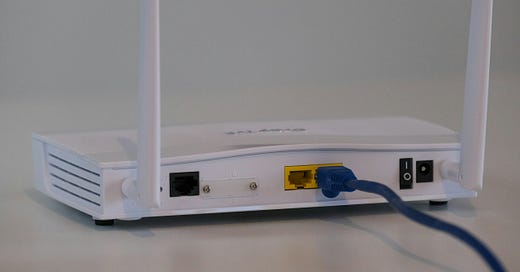Simple Router Security Tips to Protect Your Home Network
Finding the right router for your home network doesn’t have to be a tech headache. With a budget-friendly, secure model and a few simple settings, you can keep your connection safe without the complex
During a recent Security Now podcast episode, Steve Gibson and Leo Laporte tackled an essential question from a listener: What’s the best residential router for non-technical folks?
The listener wants to replace their parents’ router with something secure and easy to set up.
They are worried about firmware updates and the…




